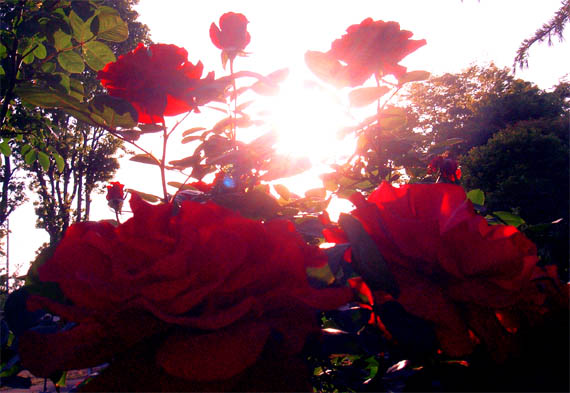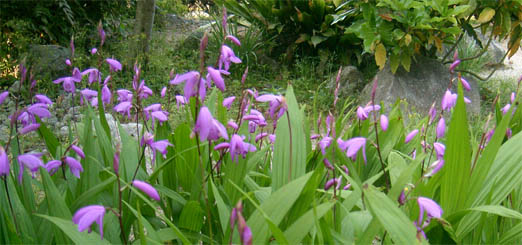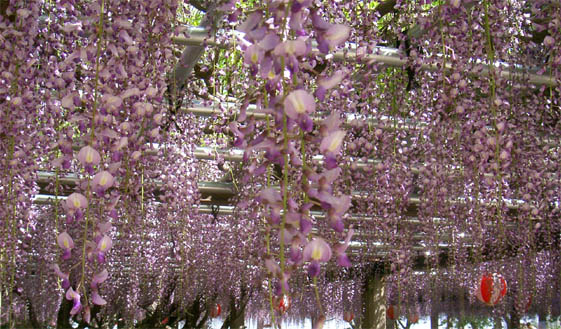
If you have read The Da Vinci Code by Dan Brown, then you will immediately notice that this picture is bursting with multilayered feminine symbolism. On a side note, I enjoyed reading The Da Vinci Code, but I didn't think it was as good as everyone said it was. For some reason I was expecting the cryptography to be roughly on par with Cryptonomicon. I had a hard time accepting that the "codes" were so easy to solve. I mean, it's not a very good code if I can come up with the answer on my own soon after I read it. Writing a riddle backwards??? I mean, I everyone knows that Da Vinci wrote backwards sometimes, but how could you not immediately recognize this? Especially if you have watched Buckaroo Banzai.
It's not that I don't think that an ultra secret society such as the Priory of Sion wouldn't use riddles to test the knowledge of others inducted into their ranks to preserve their secrets. I just think that they would ALSO use at least a 4096-bit encryption key to protect the comparatively easy riddles. And the cryptex just sounds like some glorified bicycle lock to me- something that would hack it in Da Vinci's time, but surely not today. Some crafty cutting could open that thing up no problem without cracking open the vile of vinegar.
OK, getting back on track: The roses (the symbol of Mary Magdeline, or the wife of Jesus Christ according to the book) are arranged in a pentagram (again, according to the book Venus, originally Aphrodite- the goddess of femininity- draws a perfect pentacle across the night sky every four years which the aincent Greeks decided to commemorate with the Olympics). But since this is Japan, Amaterasu is shining away in the center for good measure. There is so much feminine power in this picture that merely looking at it might cause some women to ovulate!

"Kono hana wa shiteiru. Shiteiru?" (I know this flower. Do you know it?")
"Mmmmm, nandesuka?" (No, what is it?)
"Shiran."
The reason I didn't understand was because the name of the flower (shiran is a truncated version of shiranai) is the same as "I don't know.". Gotta love the Japanese language.

I think these are called wisteria in English for some reason. Anyhow, many people have erected trellises and structures to accomodate these hanging blossoms. As far as I can tell, there are two varieties: purple and white. The purple are in full bloom, but the white will most likely be at their best in another week.
The other flower that is spectacular right now is the tsusuji blossom. These generally look like leafy shrubberies with red, pink, purple, and white blossoms. I didn't take any pictures of them because I think they look better in person.

Comments (2)
Astonishing beauty, Adam. Springtime in Japan is amazing and your gorgeous compositions show why poetry and birdsong exist. Tsutsuji is azelia, right? Or rhodedendron?
Posted by: yomama | April 29, 2004 12:48 AM
Posted on: April 29, 2004 00:48
I think they're azeleas, but dunno for sure.
Posted by: Adam | April 29, 2004 10:51 AM
Posted on: April 29, 2004 10:51